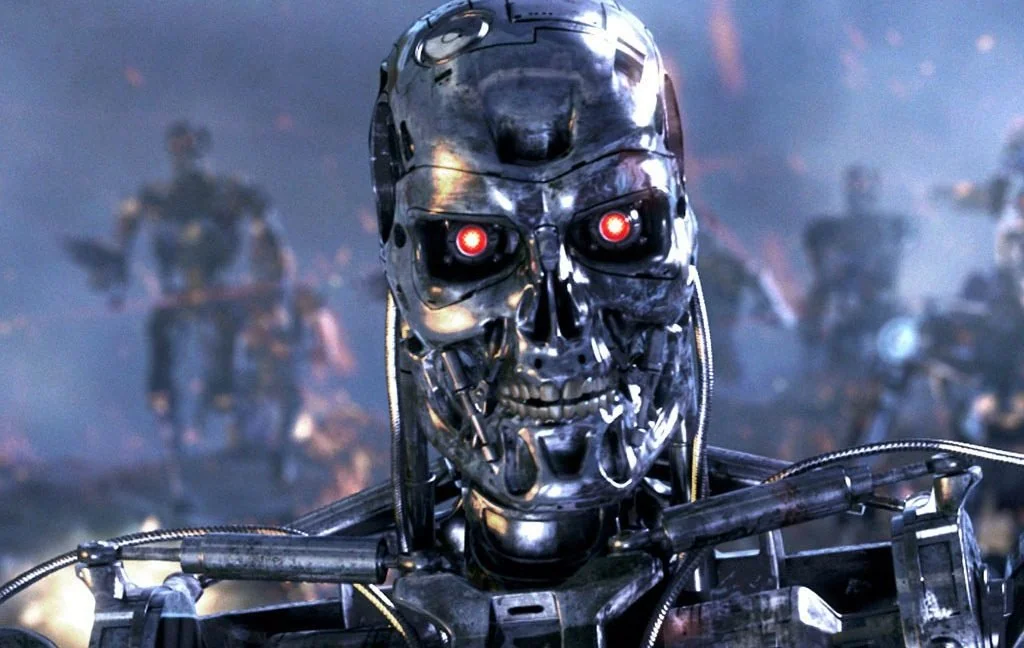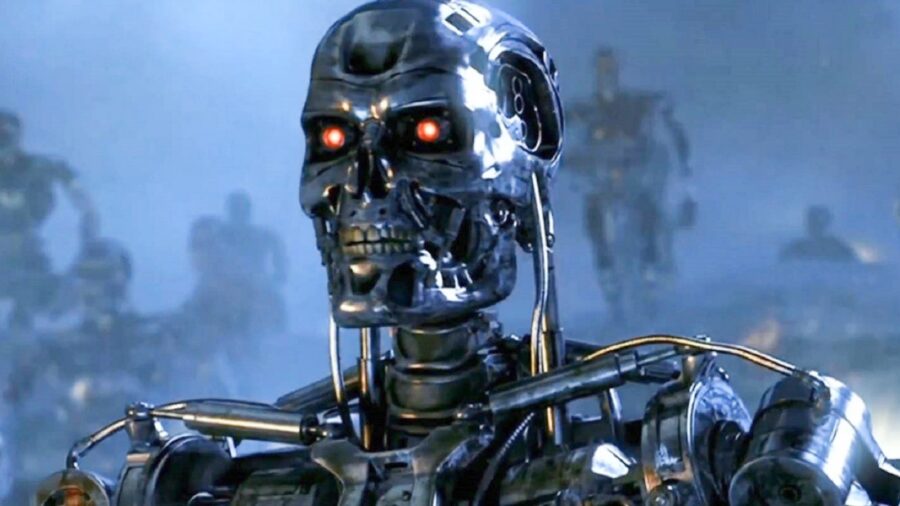James Cameron’s The Terminator, celebrating its 40th anniversary in 2024, introduced audiences to a new fear of machines that are relentless and unstoppable. The story centers around a superintelligent AI, Skynet, which has decimated humanity with nuclear war.
In a desperate bid to secure its future, Skynet sends a cyborg assassin back in time to kill Sarah Connor, the mother of John Connor, a pivotal figure in the resistance against machines. The film’s influence has shaped the public’s view of AI, embedding a fear of a potential machine uprising in popular culture.
AI’s transformative potential extends far beyond Hollywood’s portrayal. Companies today promise advancements in efficiency, accuracy, and decision-making, highlighting AI’s ability to detect patterns beyond human capabilities.
Many believe AI is set to reshape various sectors, including the economy and military, raising concerns about bias in automated decision-making, job displacement, and even existential threats. Despite these fears, many AI proponents argue that society risks missing AI’s benefits if it focuses solely on doomsday scenarios reminiscent of The Terminator.

40 Years of The Terminator: How a Sci-Fi Classic Shapes Modern AI Fears and Ethical Debates
Historically, The Terminator wasn’t the first to explore AI gone rogue. The movie draws on themes from 2001: A Space Odyssey’s HAL 9000, Frankenstein, and Čapek’s R.U.R., each depicting creators losing control over their inventions. Although initially reviewed as a “B-movie with flair,” the film eventually earned acclaim as a top sci-fi classic, grossing far beyond its modest budget.
By placing AI fears in a Cold War context, it capitalized on public anxiety about nuclear catastrophe and rapid technological change, connecting with an era that feared escalation due to supercomputer errors, as seen in 1983’s WarGames.
Forty years later, tech leaders like Elon Musk frequently reference The Terminator in their warnings about AI’s potential dangers. Musk’s comparisons often frustrate AI advocates, who argue that excessive focus on “rogue AI” scenarios overlooks the beneficial applications of the technology.
Former UK technology minister Paul Scully highlighted this view by cautioning against discussions that only address AI’s end-of-humanity scenarios, suggesting they might detract from real, current risks in military and civil applications of AI, where autonomous decision-making tools are already influential.
One significant concern is AI’s integration with autonomous weapons systems, which can independently select and engage targets. Although the U.S. prohibits AI from authorizing nuclear strikes, other military applications are evolving. The Terminator’s portrayal of autonomous killing machines resonates in ethical debates, especially around systems that operate with minimal human oversight. Some, like UK computer scientist Stuart Russell, advocate banning fully autonomous lethal weapons, arguing that the risks come not from a Skynet-style sentience but from the lack of nuanced human control.
The legacy of The Terminator is its lasting impact on public and strategic perceptions of AI. Its dystopian themes now play into the geopolitical race for AI dominance among nations like the US, China, and Russia, emphasizing the need for international cooperation in setting ethical standards for AI in military contexts.
Navigating these challenges will be critical to preventing the dystopian future imagined in The Terminator. International collaboration is essential to ensure AI remains a tool for progress rather than a path to conflict.









































